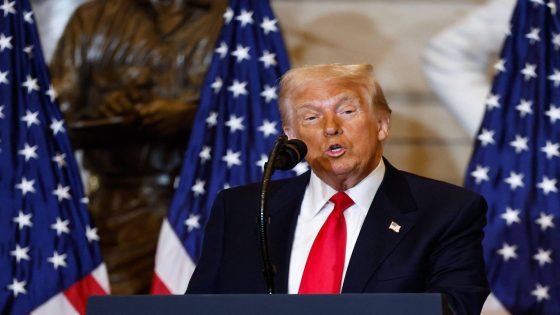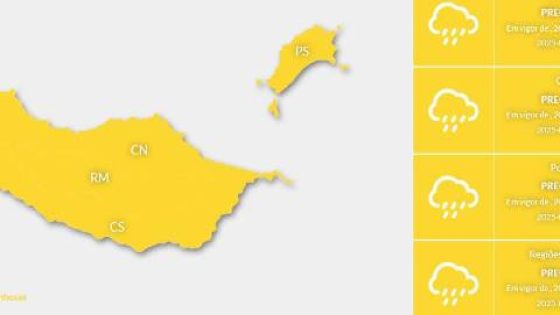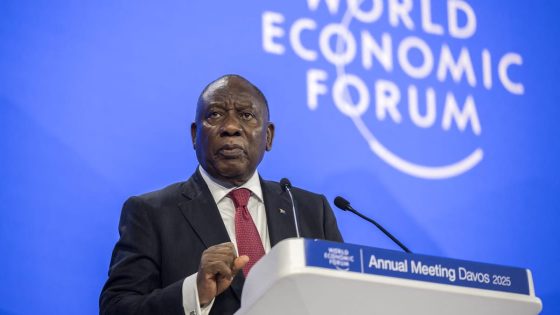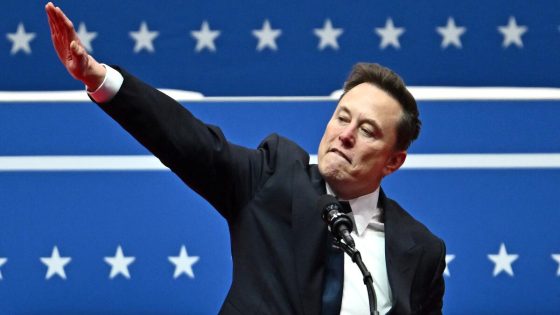The Brazilian government has decided not to impose taxes on American digital platforms in response to potential tariffs on steel and aluminum announced by President Donald Trump. This announcement came on February 10, 2025, as Brazil seeks to avoid escalating trade tensions with the U.S. But what does this mean for Brazil’s economy and its relationship with the U.S.?
- Brazil will not tax US digital platforms.
- Trump's tariffs directly impact Brazilian steel exports.
- Canada has implemented a digital tax.
- Secom denies tax response to Trump tariffs.
- Brazil aims to avoid trade war with the US.
- Government will wait for official announcements.
Brazil’s Decision on Digital Taxes: A Strategic Move Amid U.S. Tariffs
Why is Brazil choosing to avoid taxing American digital platforms? The government believes that mixing trade issues could lead to unnecessary conflict. By not retaliating with taxes, Brazil aims to keep diplomatic channels open with the U.S., which is vital for its economy.
Understanding the Implications of U.S. Tariffs on Brazil’s Economy
The U.S. tariffs could significantly impact Brazil, which exports nearly half of its steel to the American market. The Brazilian government is cautious and is waiting for official announcements from the U.S. before taking further action.
Key Factors Behind Brazil’s Taxation Decision on Digital Platforms
Several reasons influenced Brazil’s choice not to tax U.S. digital platforms:
- Maintaining strong trade relations with the U.S.
- Avoiding a potential trade war that could hurt both economies.
- Waiting for concrete actions from the U.S. before responding.
- Focusing on diplomatic solutions rather than retaliatory measures.
The Future of Brazil-U.S. Trade Relations
As Brazil navigates these challenges, the focus remains on fostering a cooperative trade environment. The government is keen on avoiding a tit-for-tat scenario, which could disrupt the economic stability of both nations.
What Lies Ahead for Brazil’s Digital Economy?
With the digital economy growing rapidly, Brazil’s decision not to tax U.S. platforms may encourage further investment and innovation. By keeping the door open, Brazil hopes to attract more tech companies, benefiting its economy in the long run.
































